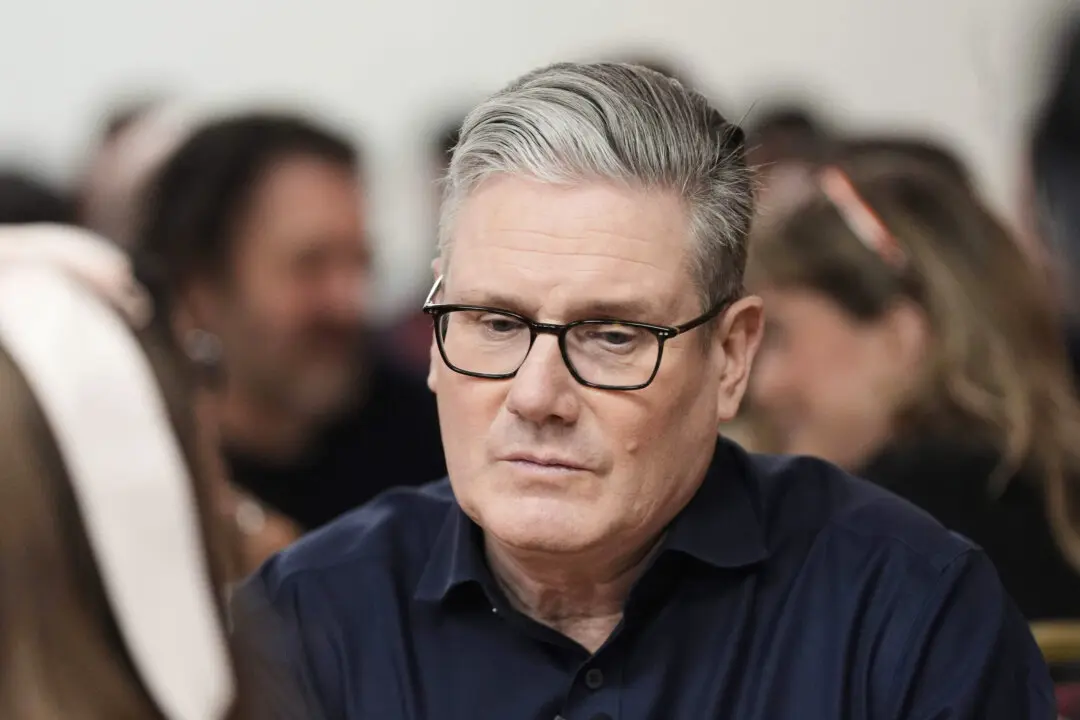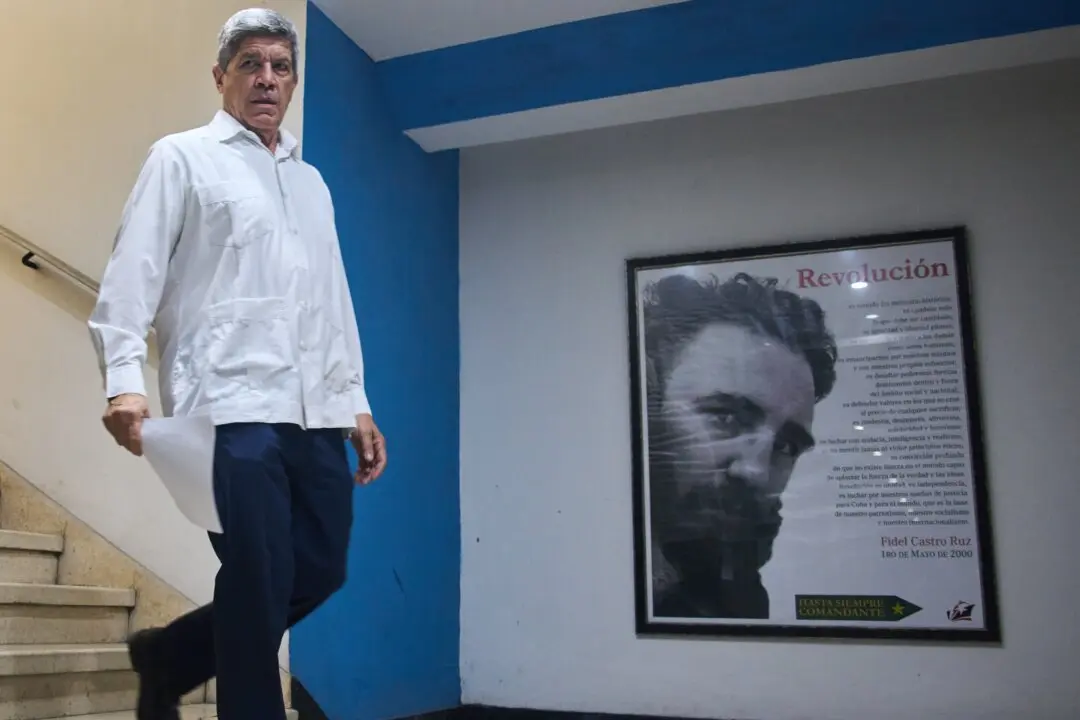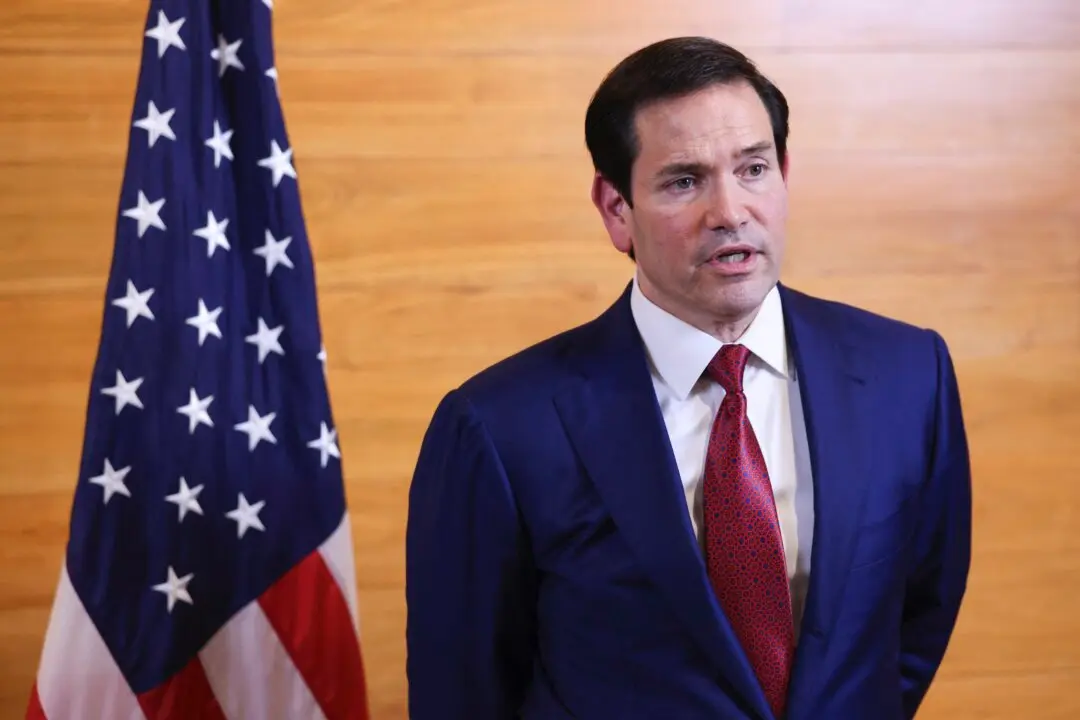The shadow work and pensions secretary Liz Kendall has warned young people there will be “no option of a life on benefits” under a Labour government.
In a speech given at the Demos think tank in central London on Monday, she said: “This is our commitment to young people. We value you, you are important. We will invest in you and help you build a better future, with all the chances and choices this brings.”
“But in return for these new opportunities, you will have a responsibility to take up the work or training that’s on offer,” Ms. Kendall added.
Figures from the Office of National Statistics (ONS) published last month show 851,000 people aged 16–24 are not in education, employment, or training, the highest level since 2016 and a jump of 20,000 since last year.
Young people not in education, employment, or training are sometimes known by the acronym Neets.
‘Rights Go Hand in Hand With Responsibilities’
In her speech, Ms. Kendall said, “Under our changed Labour Party, if you can work there will be no option of a life on benefits, not just because the British people believe rights should go hand in hand with responsibilities, but because being unemployed or lacking basic qualifications when you’re young can harm your job prospects and wages for the rest of your life.”“This isn’t good enough for young people or for our country,” she added.
Ms. Kendall ran for the leadership of the Labour Party in 2015 but lost out to left-winger Jeremy Corbyn and garnered only 4.5 percent of the vote.
She was left out in the cold until Mr. Corbyn resigned following the 2019 landslide election defeat, when she was brought back into the fold by the new leader Sir Keir Starmer and made a shadow minister for social care.
In September last year Sir Keir reshuffled his shadow cabinet and promoted her to her current role.
In her Demos speech, Ms. Kendall pledged a Labour government would recruit 8,500 more mental health workers and reform what she described as the “failed” apprenticeship levy.
She said it would be funded by targeting tax breaks given to private schools and closing tax loopholes which are sometimes exploited by private equity fund managers.
Labour plans to set up technical excellence colleges and a growth and skills levy for those who may have not hit their academic potential at school.
Ms. Kendall said Labour would give young people “chances and choices” but did not specify how they would be punished if they refused to take up job, training, or education opportunities.

She also promised a Labour government would recruit 1,000 career advisers in schools and create employment advisers in Young Future hubs.
Ms. Kendall said: “Under Labour, the Department of Work and Pensions and Job Centres will do what they say on the tin. We will have a relentless focus on helping more people get work and get on at work, and on making workplaces healthier and more productive places to be.”
Both Parties Urging Disabled to Work
Labour has also promised to improve access to work for young disabled people by offering equipment, adaptations, or personal support.When he delivered his Autumn Statement in November, Chancellor Jeremy Hunt was accused of “demonising” the disabled when he introduced new assessments to try to boost working from home for those with mobility issues.
Mr. Hunt told MPs: “Every year we sign off over 100,000 people on to benefits with no requirement to look for work because of sickness or disability. That waste of potential is wrong economically and wrong morally.”
Responding to Ms. Kendall’s speech, a Conservative Party spokesman told the BBC, “Under the last Labour government, youth unemployment almost doubled and the number of people seeking out-of-work benefits soared—their abysmal record speaks for itself.”







